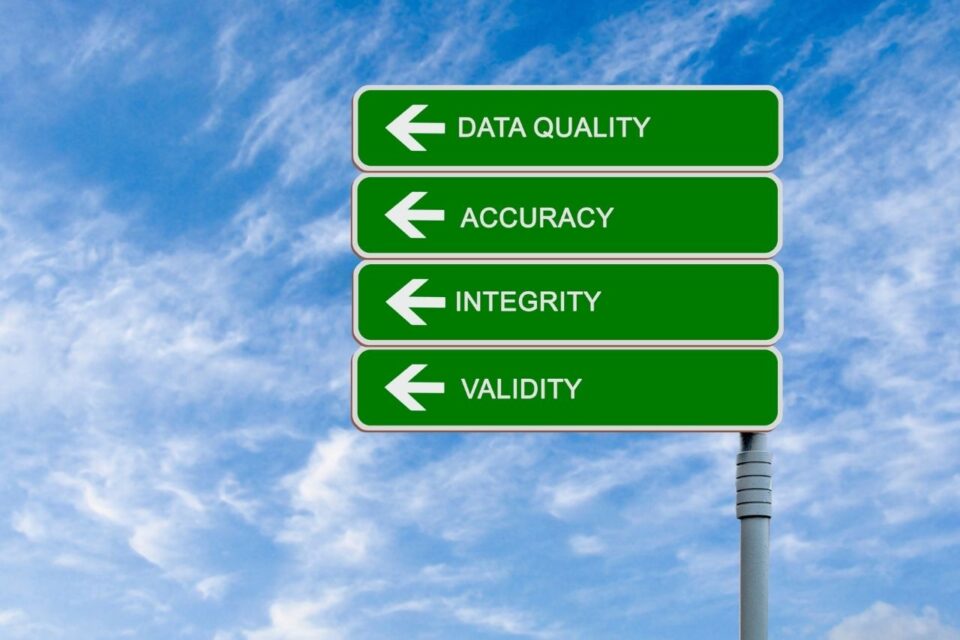
How to Optimize Your Revenue Cycle Management
August 28, 2019
Best Practices For Improving The Revenue Cycle
September 11, 2019AI is making waves in the healthcare industry because of its benefits. It not only is helping detect lung cancer but also helps make workflow smoother. This technology is optimizing clinical operations and automating the workflow.
AI has led to improved results and has lower costs in addition to improving the patient’s satisfaction.
5 ways AI is making RCM better:
1. Changing payer policies
Payer policies are always changing. Without the proper system in place, informing the departments of these changes is tedious. Each department has to take in the same information and these changing policies may cause delays in payments and increase in there billing costs.
Claims get denied and revenues are also lost. The whole task is inefficient and costly. With AI, you can avoid all the mishaps. With payer alerts, staff can get the information and stay up to date whenever any policy changes.
2. Reduce claim denials with correct patient matching
A lot of claims are denied because of wrong patient identification. This can cost a hospital millions of dollars every year. AI can solve this problem as they can match the patients based on their demographics and credit data. Each matched patient would get a patient identifier to aid in future tracking.
3. Using data to benchmark RC performance
Healthcare institutions should have data-driven RCM systems. This data helps in informing the financial health of the institution. It also tells how efficient the staff is performing.
Using this data, institutions can develop KPIs and track them to gauge performance. These KPIs can be the claim denial rate and cost collection. Cash collection as a percentage of patient service revenue and days in A/R can also be KPIs.
4. Automate eligibility and authorizations
Payers have been increasing coverage eligibility and prior authorization requirements. This helps them reduce any unnecessary costs. This requirement rise can cause problems for the RCM of hospitals. Especially when administrative costs increase due to these prior authorization checks which are done manually. Hospitals will save money switching to AI for prior authorizations and eligibility.
5. Streamline A/R and claim management through AI
Claims and accounts receivables are here to stay. What hospitals can do is find ways that can resolve the issues. A criteria-based algorithm can be quite useful in this regard. It can automate the process. It works for short-term and long-term account receivables and claims management. Hospitals can customize the AI process to focus on unpaid claims based on days or the value of these claims.
AI has come a long way in healthcare institutions and is now in use for the financial side of these institutes. Using artificial intelligence, and automating RCM will advance the processes. This allows providers to spend less time on RCM and more on what they do best.
Learn how our AllPayor® Software is saving other organizations $$MILLIONS!
If you are interested in a free demo of our AllPayor® Software, please go HERE or you can register for a FREE webinar HERE





